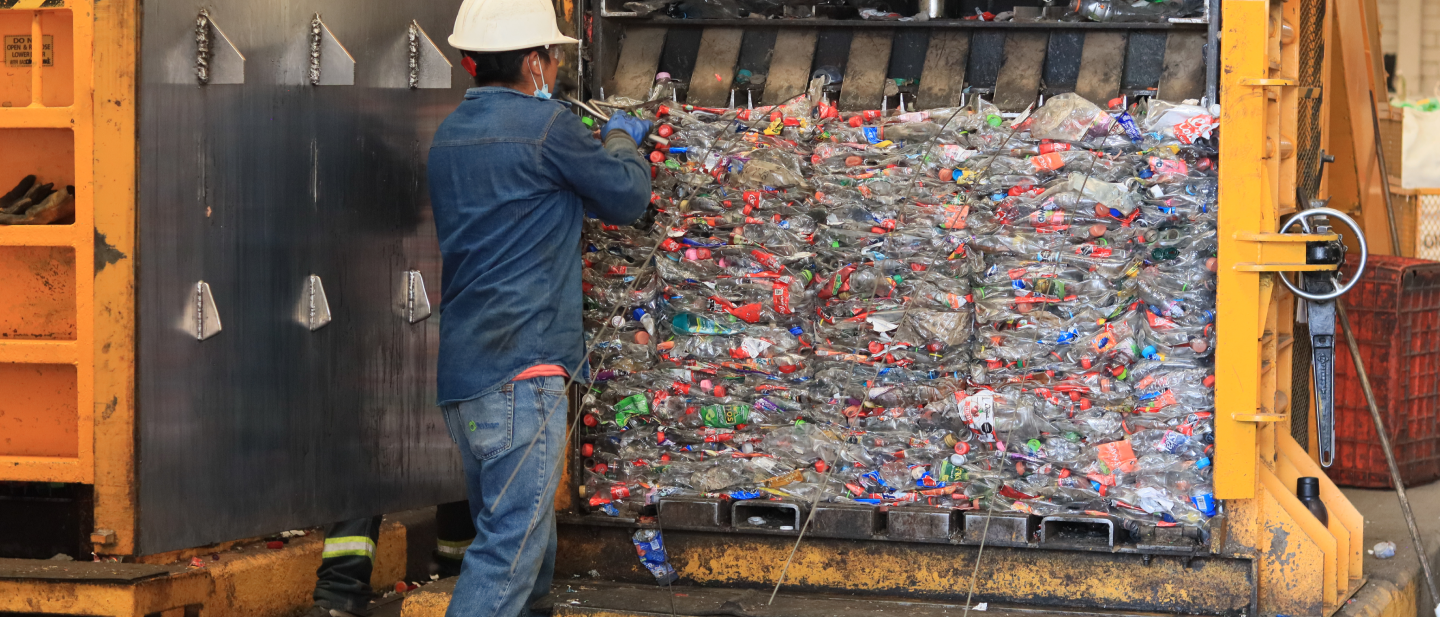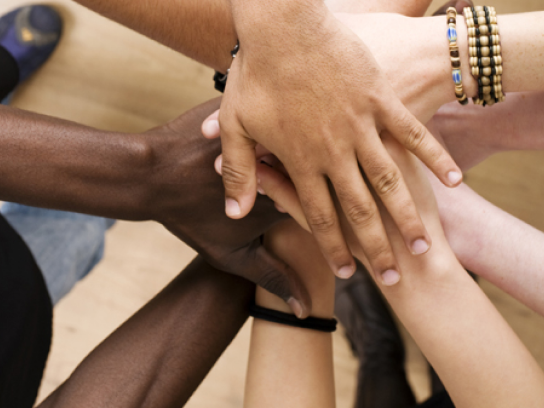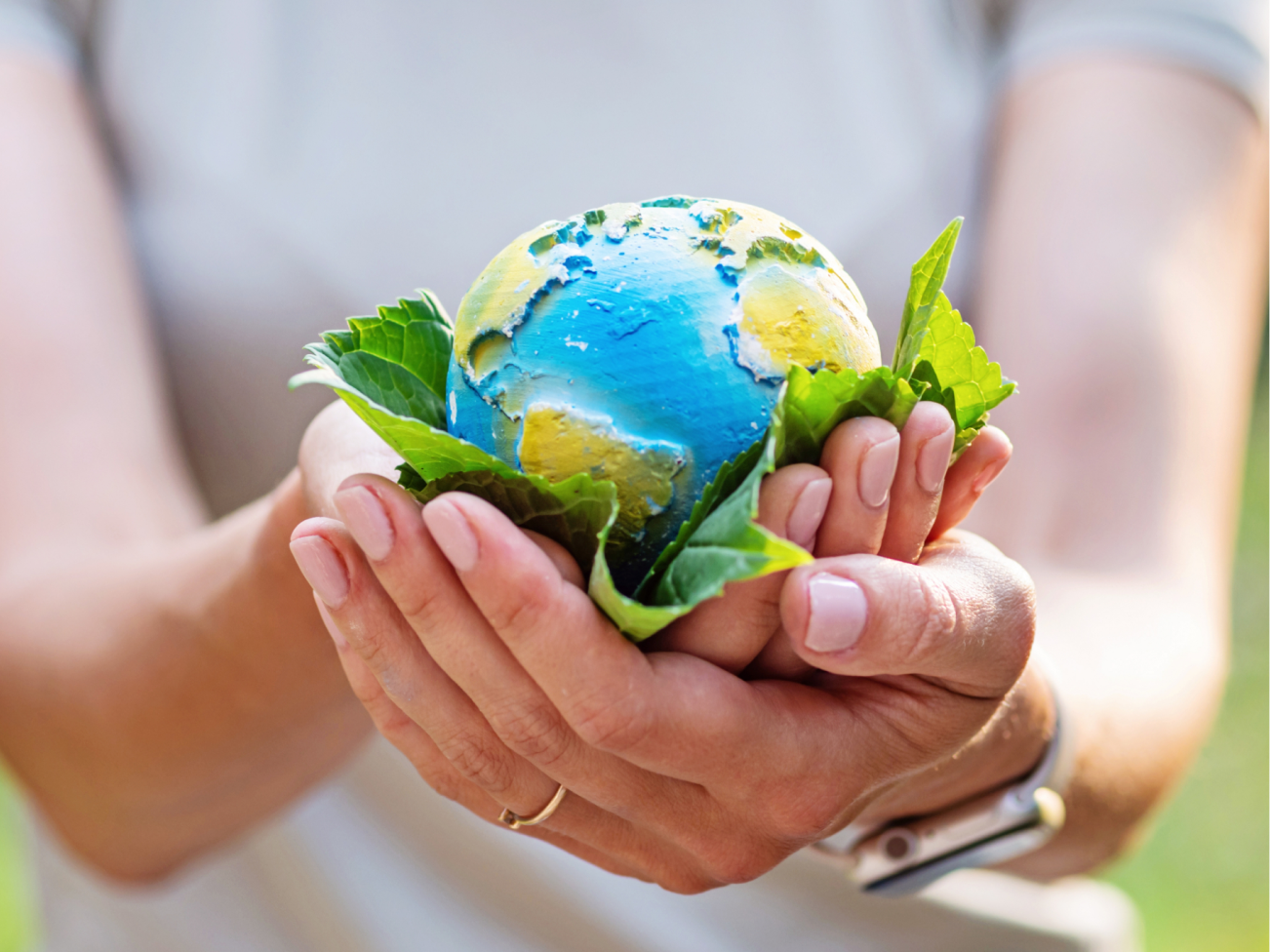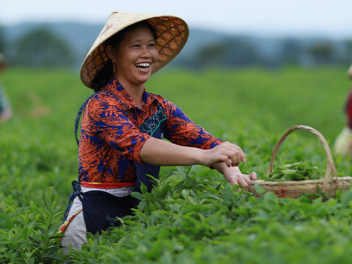

Reaching the Last Mile of our Value Chain: Dignity for Informal Waste Workers
Collecting, sorting, and recycling plastics and other materials involves complex and localized value chains. Informal waste workers are the cornerstone of this work — collecting and sorting up to 60% of recycled plastic waste around the world. They are also a particularly marginalized group, suffering unsafe working conditions and abuses, including child labor.
In Latin America, The Coca‑Cola Company developed one of the first due diligence programs tailored to the informal waste collection sector. This work ultimately led to the creation of a Human Rights in Waste Management Roadmap to advance socially inclusive recycling models that respect human rights.
While we are proud of our progress thus far, we recognize that true impact requires collaborating and scaling across companies and industries. In 2022, we engaged with Tearfund, a civil society organization advocating for greater recognition of, and respect for, the rights of informal waste workers. Together we launched the Fair Circularity Principles with our industry peers Nestlé, PepsiCo, and Unilever. We will advance and adopt these guiding principles in our value chains in collaboration with waste picker organizations and report on our progress annually.


